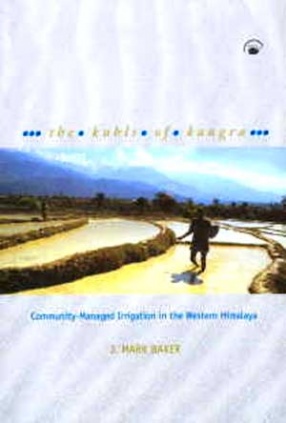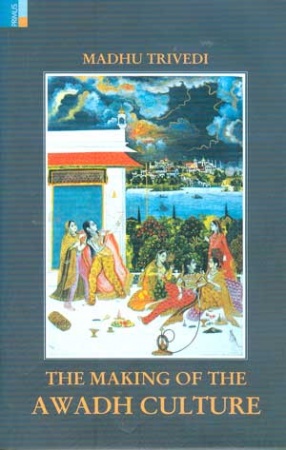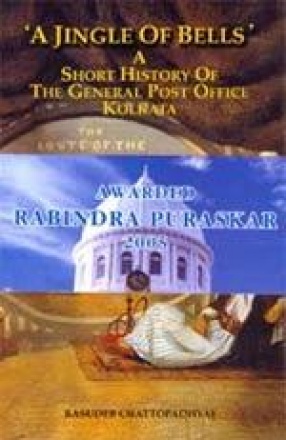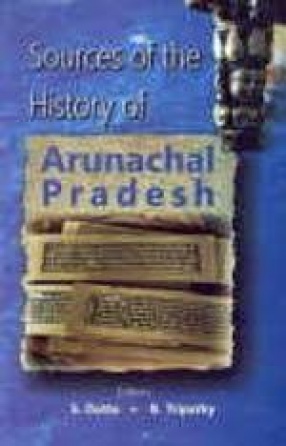This book advances scholarly ways of thinking about community-based systems of resource management.
In the Kangra Valley of India's western Himalaya, farmers have for centuries relied on community-managed Kuhl systems–intricate networks of collectively built and maintained irrigation channels–for rice and wheat farming. Over the years, earthquakes and floods have repeatedly destroyed these Kuhls. More recently, increasing non-farm employment has drawn labor away from Kuhl maintenance, and from farming itself.
Prevailing theories of common property resource management suggest that such conditions should cause the Kuhls to die out; instead, most have been transformed and remain alive and well.
In this book, Mark Baker offers a comprehensive explanation for the durability of Kuhls in the face of recurring environmental shocks and socio-economic change. In addition to describing how farmers use and organize Kuhls, he employs varied lines of theory and empirical data to account for the persistence of most Kuhls in the late twentieth century.
Into his explanatory framework he incorporates the history of regional politics and economics as they affected Kuhls during the pre-colonial, colonial, and postcolonial periods; the role of state involvement in Kuhl construction and management; the benefits of exchanges of labor and water among members of networked Kuhls; and the ways in which Kuhl systems are embedded in and reproduce core cultural beliefs and practices.
Scholars interested in common property resource regimes have long focused on self-organizing community-based irrigation systems. Yet their theories cannot entirely account for the durability of common property regimes under ecological stress, economic change, and social differentiation. Baker’s work on Kangra adds new dimensions to such theories via factors such as the roles state-making practices play in common property resource regimes, the importance of networks in buffering individual resource regimes from environmental stress, and the ways in which regimes are sites for reproducing and contesting the relations that constitute place and region.





There are no reviews yet.